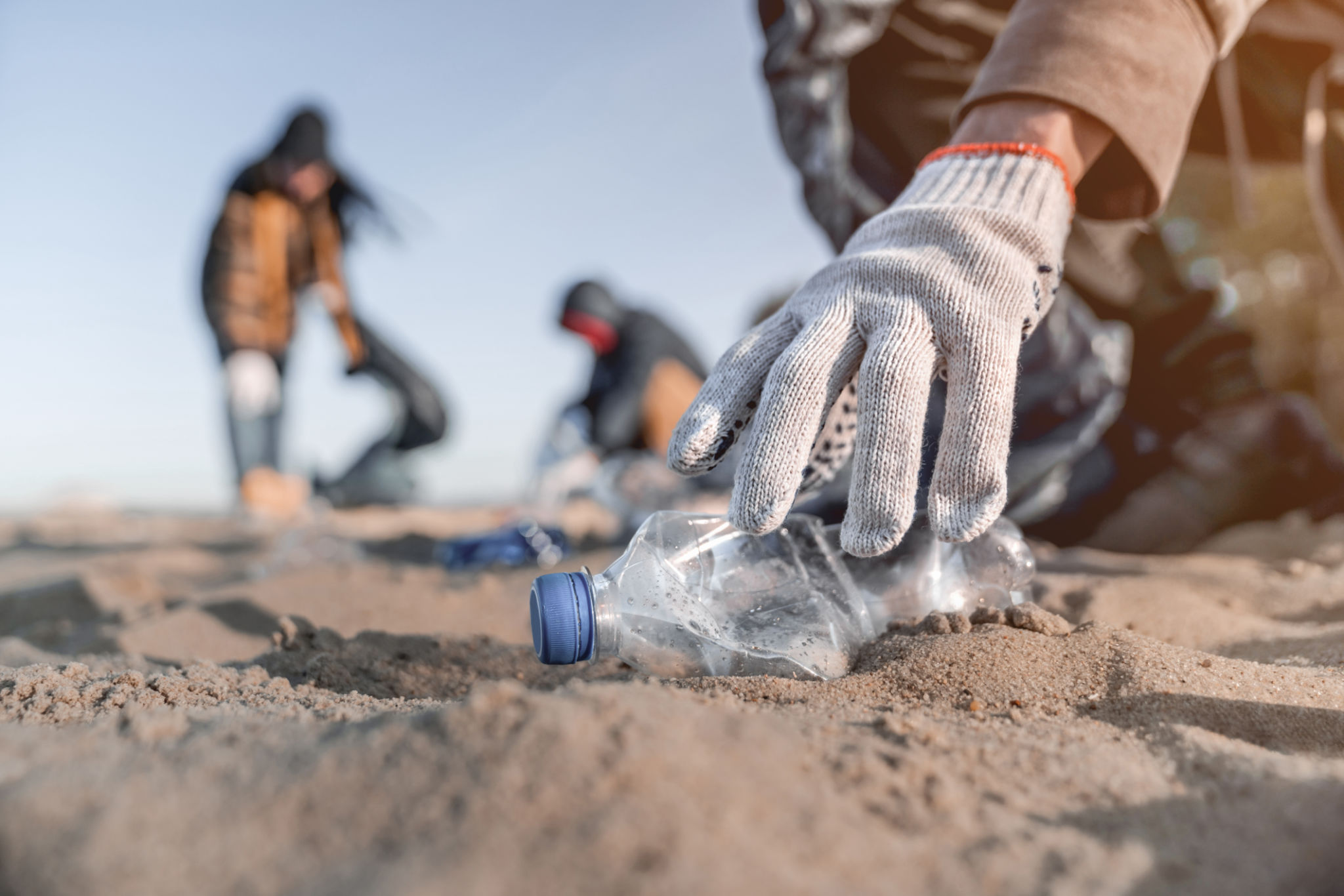Seasonal Tips for Reducing Coastal Pollution in Ghana
Understanding the Impact of Coastal Pollution
Coastal pollution is a significant environmental issue affecting the vibrant ecosystems and communities along Ghana's shoreline. The accumulation of waste and pollutants not only harms marine life but also impacts local economies that rely on tourism and fishing. Understanding the impact of this pollution is crucial for implementing effective seasonal strategies to mitigate its effects.
Common Sources of Coastal Pollution
Coastal pollution in Ghana can be attributed to various sources, including industrial waste, agricultural runoff, and household garbage. During the rainy season, increased runoff can wash more pollutants into the ocean, exacerbating the problem. Identifying these sources helps in developing targeted solutions to reduce their impact.

Seasonal Strategies for Pollution Reduction
Implementing seasonal strategies can significantly contribute to reducing coastal pollution. These strategies should be tailored to the unique challenges presented by each season, particularly the rainy and dry seasons, which have different impacts on pollution levels.
Rainy Season Initiatives
During the rainy season, it is essential to focus on managing runoff and debris. Here are a few strategies:
- Community Clean-ups: Organize regular beach clean-ups to remove litter and prevent it from being washed into the ocean.
- Improved Drainage Systems: Invest in infrastructure that reduces runoff by channeling rainwater properly, minimizing the transport of pollutants.

Dry Season Measures
The dry season offers an opportunity to focus on preventive measures that can have lasting impacts:
- Agricultural Practices: Encourage farmers to adopt sustainable practices that reduce chemical runoff into waterways.
- Waste Management Education: Educate communities about proper waste disposal techniques to prevent littering.
Engaging Local Communities
Community engagement is vital in sustaining efforts to reduce coastal pollution. Encouraging local participation not only raises awareness but also fosters a sense of responsibility among residents. Here are ways to involve communities:

Educational Workshops: Conduct workshops that educate people about the effects of pollution and how they can contribute to cleaner coasts. These sessions can empower individuals with knowledge and actionable steps.
The Role of Policy and Legislation
Government policies play a crucial role in addressing coastal pollution. Implementing and enforcing regulations that limit industrial waste discharge and promote sustainable development are essential steps in preserving Ghana's coastlines. Policymakers must collaborate with environmental organizations to create comprehensive frameworks for pollution reduction.
By combining seasonal strategies with robust community involvement and supportive legislation, Ghana can make significant strides in reducing coastal pollution and preserving its beautiful coastal ecosystems for future generations. Implementing these measures requires a collective effort, but the long-term benefits are invaluable for both the environment and local communities.